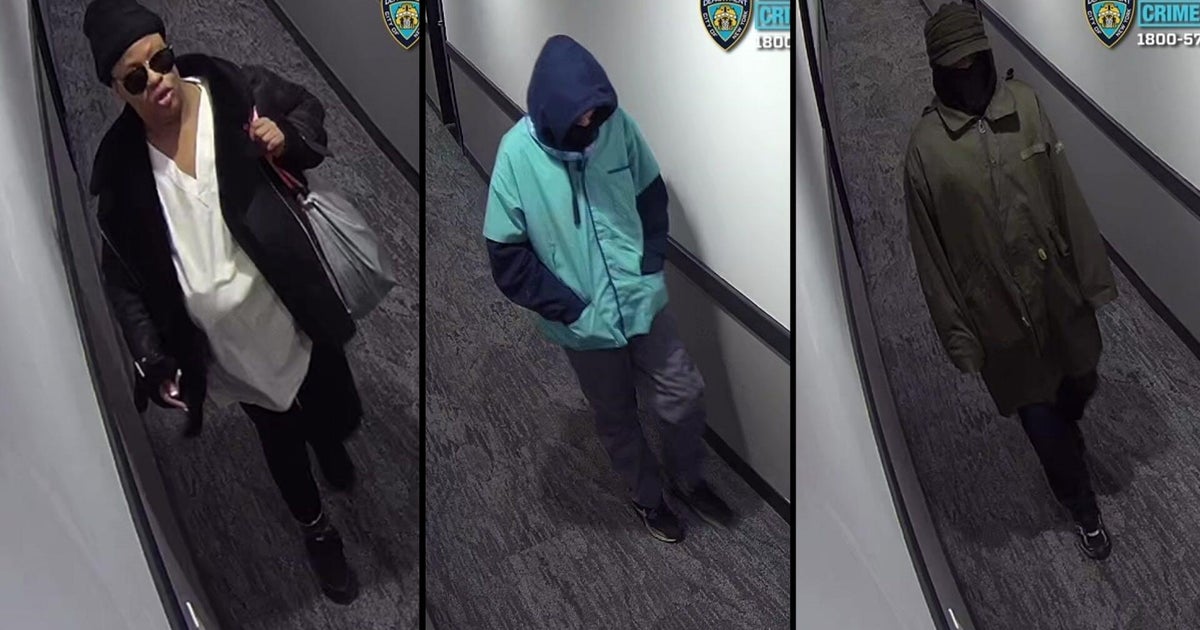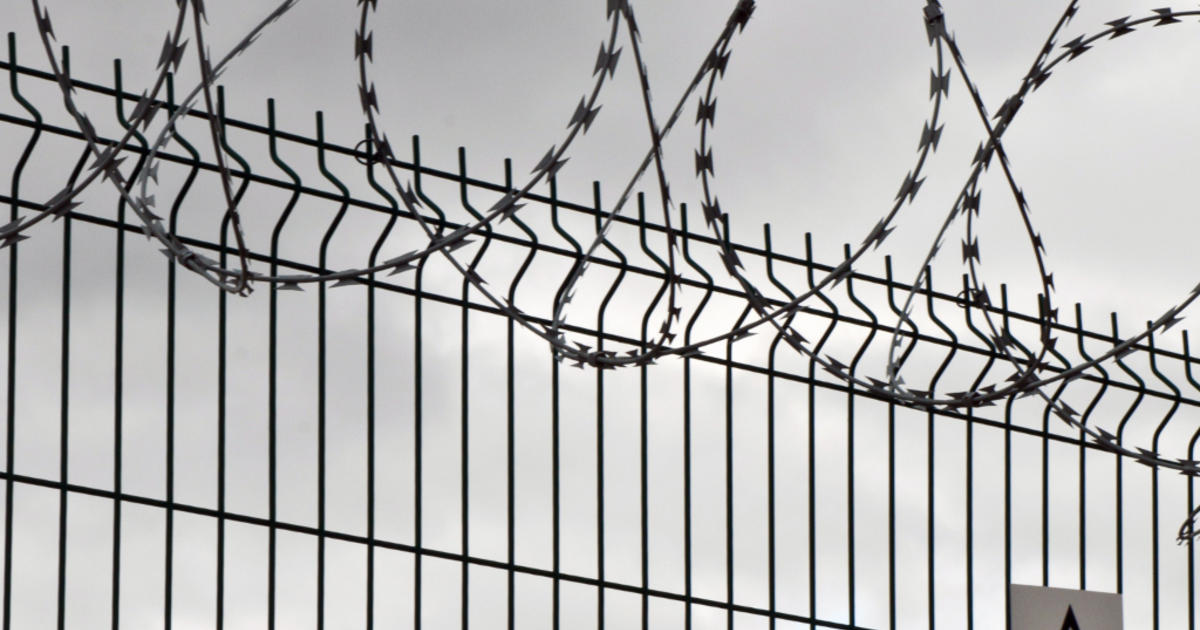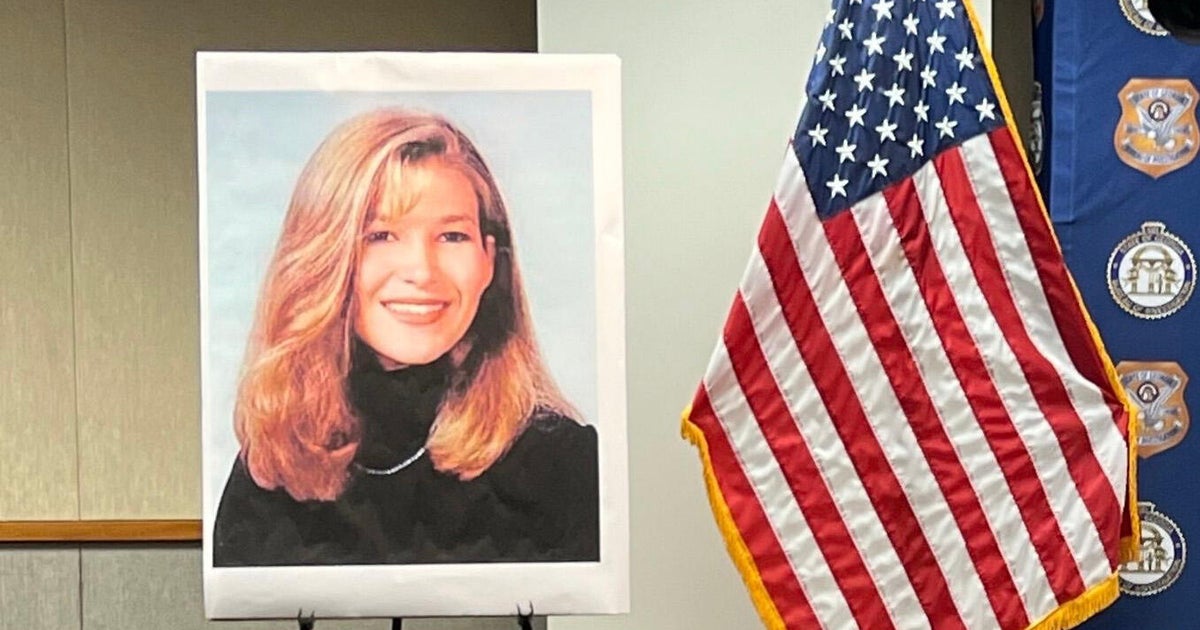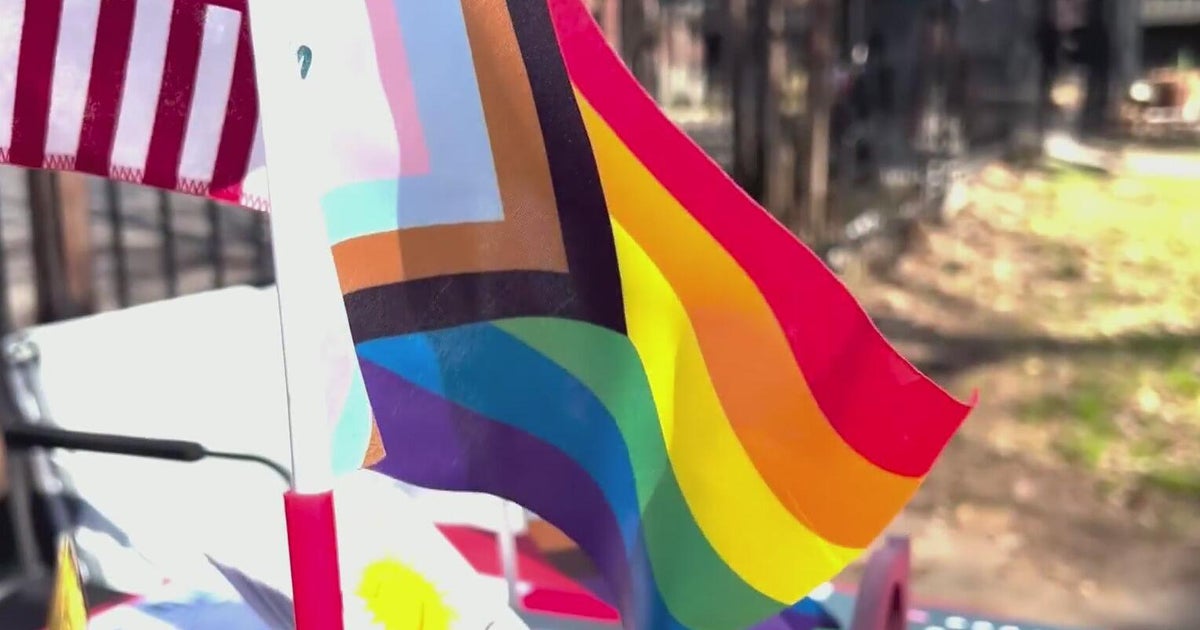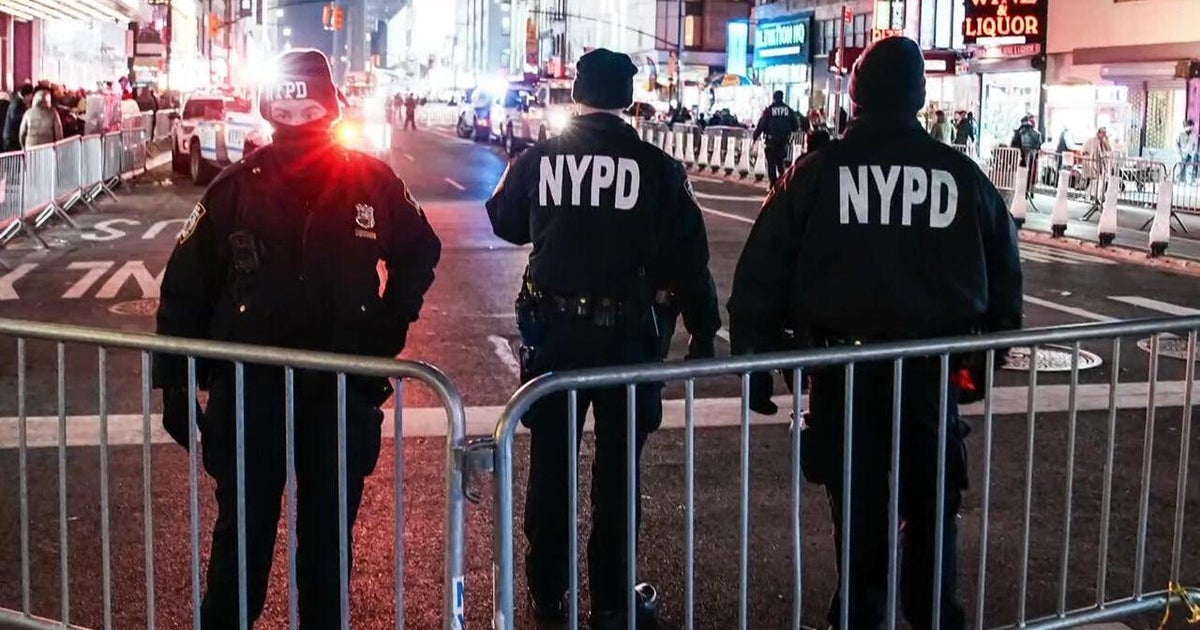New York becomes 12th state with "Clean Slate" legislation
NEW YORK -- New York is now the 12th state, joining others like New Jersey, to have so-called "Clean Slate" legislation on the books.
Under the bill, those who finish their sentences and remain crime-free for a period of time will have their criminal records automatically sealed. Certain crimes are not eligible.
Labor and advocacy groups say this was a long time coming and will help fill the state's worker shortage.
Opponents say it's dangerous.
"I was convicted in 1999 of assault," said Melinda Agnew, of the Center for Community Alternatives.
Agnew says decades after she paid her debt to society, she still has doors slammed in her face.
"I still had to explain as to what happened when I was 20 years old. Now I'm 47," she said.
For years, her criminal background kept her from getting jobs and affordable housing.
"I kept going. I kept going and applying for jobs until someone said yes," Agnew said.
She didn't stop there; she got her bachelor's degree and a master's.
But what about those who give up after repeatedly hearing no?
"The response is, you are the worst thing you've ever done, there is no hope for you here," said Sen. Zellnor Myrie, a co-sponsor of the bill.
Faced with financial desperation, the worry is they may re-commit crimes.
"I believe that the best anti-crime tool we have is a job," Gov. Kathy Hochul said.
Advocates say the Clean Slate Act signed Thursday aims to get people working. It will go into effect in one year and involves a waiting period.
Eligible misdemeanor convictions will be sealed three years after release. For eligible felony convictions, eight years after release. That's if the person remains crime-free.
Those ineligible include anyone convicted of sex offenses, murder, domestic terror and other non-drug Class A felonies.
Records will not be sealed to law enforcement or the criminal justice system, and employers are permitted by law to perform fingerprint checks.
"A place where we have senior citizens, a day care center, a nursing home, so all of those areas are off-limits," Hochul said.
"They decided to commit the crime, but now, we're going to seal that and hide it from the public," said Sen. Dean Murray.
Murray is among the lawmakers who oppose the bill.
"There's already a system in place where you can, if you were convicted of non-violent crimes, that you can apply through the judicial system to have your records sealed for this very purpose. It's already in place. Now, they've made it and painted it with a broad stroke to include crimes like manslaughter," he said.
For Agnew, now a mother and grandmother, all these years later, she's a different person.
"My past no longer defines who I am. I'm looking forward to the future," she said.
Employers can ask about conviction records at any point in the hiring process under New York state law, but they have to consider factors like whether the conviction has any bearing on the person's ability to do the job.

